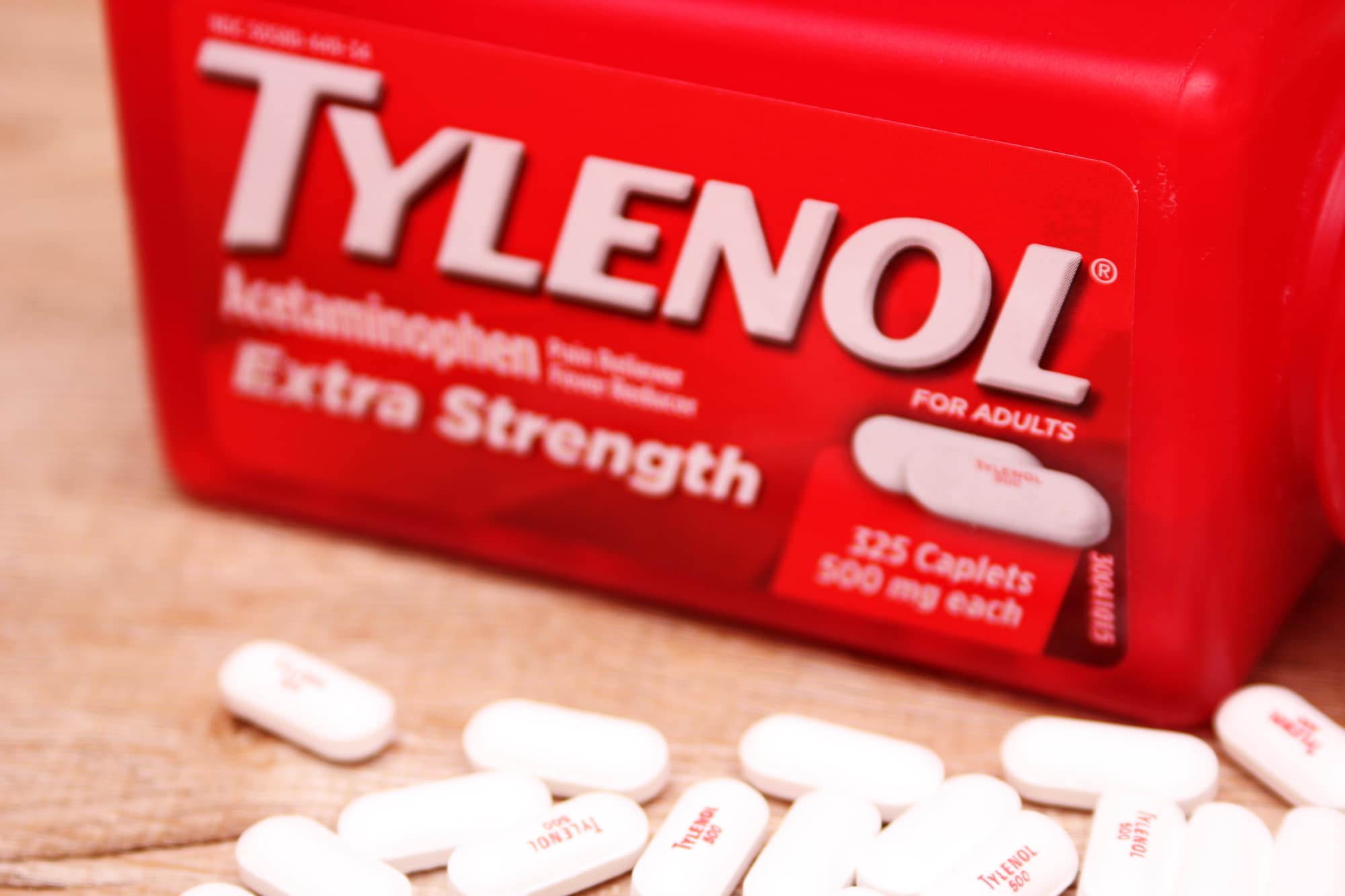Leaders are accountable just like anyone else.
They don’t just snap their fingers to make things happen however they see fit. They are beholden to their board. They are beholden to their shareholders. There are rules that they must follow, no matter the situation, even in a time of crisis.
When a company has strong values, it’s easier to navigate an unexpected crisis. When values are referred back to habitually, and used in daily decision making, the shared knowledge of what decisions are right for your company grows across the organization. That means, when hard decisions come your way (as they inevitably will) deciding what to do becomes a little less hard.
Let’s look at a classic example of strong company values in action.
Over the course of a few days in the fall of 1982, seven people in the Chicago area died under mysterious circumstances. Before long, investigators linked these deaths to Extra-Strength Tylenol capsules that had been contaminated with cyanide.
Tylenol’s owner Johnson & Johnson quickly figured out that cyanide contamination wasn’t the result of a factory accident. A killer was taking packages off store shelves, adding cyanide to some of the capsules, and then returning those packages to the shelf.
The contamination wasn’t the company’s fault, but CEO James Burke took immediate action.
Johnson & Johnson hit the airwaves to tell people to stop taking Extra-Strength Tylenol, and they set up a toll-free customer information hotline. The company then issued a national recall, offering to replace the bottles in people’s homes with new bottles of Extra-Strength Tylenol.
At the time Tylenol was the most popular over-the-counter painkiller in America. There were more than 30 million bottles on store shelves and in people’s homes.
The voluntary recall and replacement cost Johnson & Johnson $100 million.
No one else died from cyanide-laced Tylenol, but Johnson & Johnson continued working to improve the safety of their products. In partnership with the FDA the company created tamper-resistant packaging and developed a new pill to replace the easily adulterated gelcaps. Other manufacturers began to follow suit, and by the end of the decade there were federal rules in place governing how over-the-counter drugs were packaged.
Despite not being responsible for the poisonings, Johnson & Johnson took a hit. On top of the $100 million recall, sales of the company’s painkillers shrank to almost nothing. But thanks to the quick and decisive crisis response Burke led, and the ongoing work the company put into improving customer safety through new manufacturing and packaging methods, Johnson & Johnson earned back most of its market share within a year.
Looking back, Burke credited the Johnson & Johnson Credo—their company value statement—to helping navigate the crisis, and giving him “the ammunition to persuade shareholders and others to spend the $100 million on the recall.” A move that would name him as one of history’s most outstanding CEO’s.
Values make it easier to land on a clear direction even in the middle of a storm.




